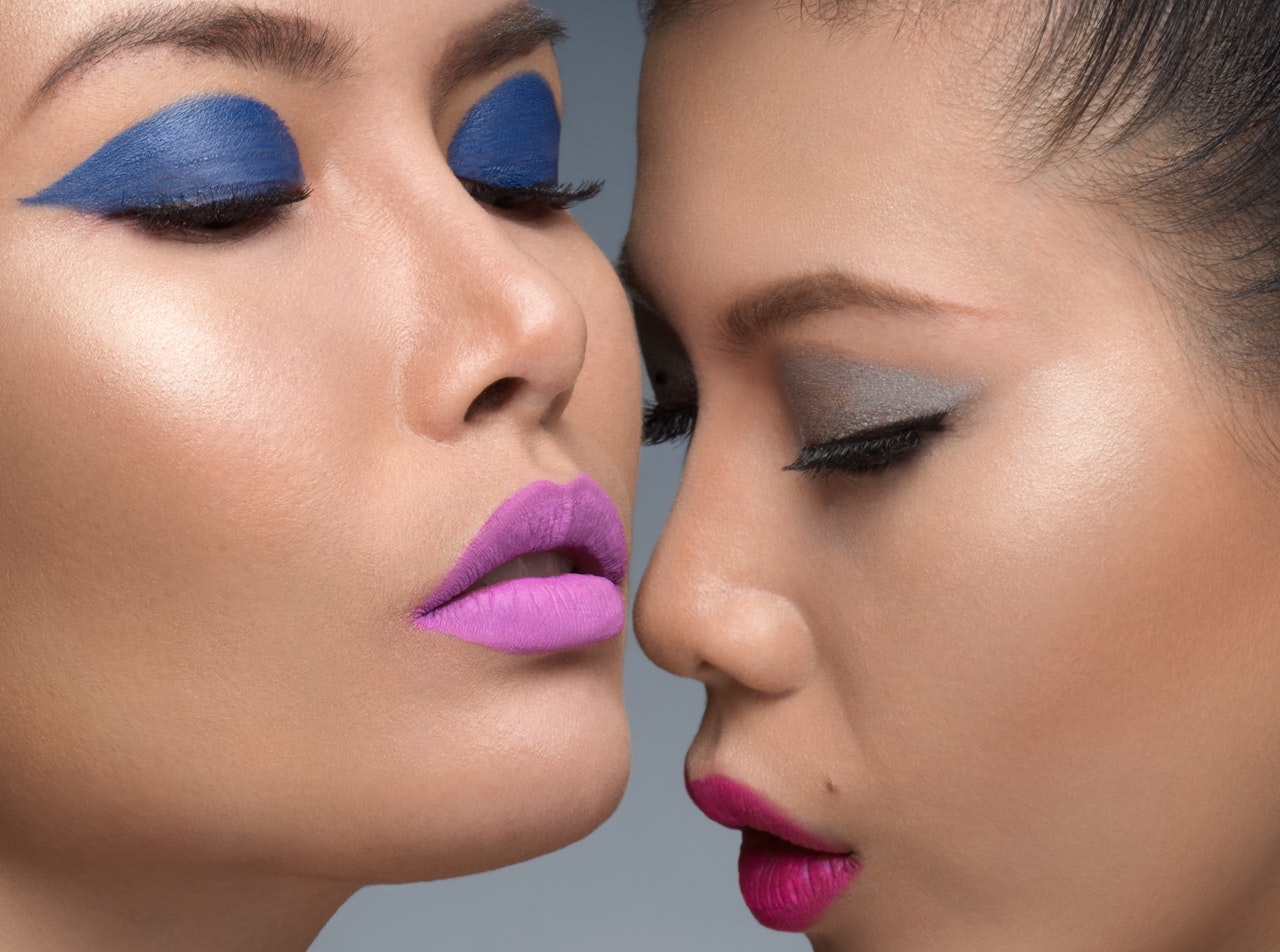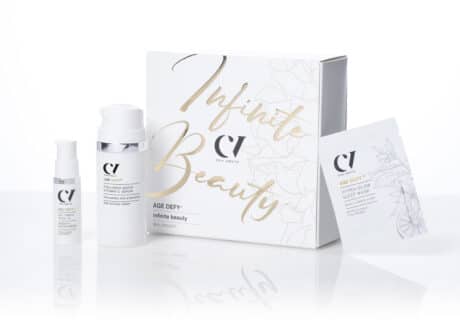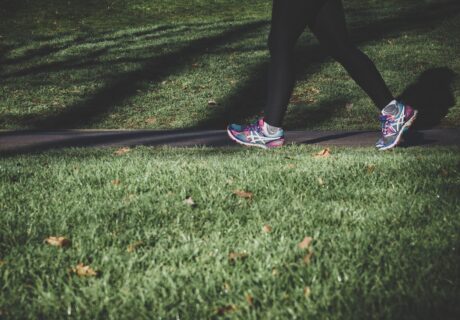The Advertising Standards Authority (ASA) is clamping down on an issue which has been widely debated in the beauty industry since the rise of social media: the use of filters to exaggerate the efficacy of a product.
Since the launch of Photoshop 31 years ago, seeing airbrushed images of celebrities and models has become commonplace and to some degree expected; so much so that when unretouched photos of Beyoncé leaked online around the 25th anniversary of the graphic editing programme in February 2015, fans expressed outrage at what they were seeing – a woman with imperfect skin, blemishes and laughter lines. The unmanipulated images were quickly pulled from the site, Beyoncé World.
Now, with Instagram and other social media sharing platforms firmly rooted in societal norms, so too is the practice of augmenting images with filters before they are shared publicly – to the extent that the ASA is stepping in, calling filtered content ‘misleading’ where it is designed to ‘enhance a person’s appearance’.
Under the new ruling – which will apply to all UK brands, influencers and celebrities – filters must not be applied to social media adverts if they exaggerate the effect of a product.
We’re also working closely with the social media platforms who can and will enforce our rulings
Scrutinizing filtered video content, the ASA recently examined Instagram stories from two fake tan companies: Skinny Tan, which uses 99% naturally derived ingredients; and vegan brand Tanologist.
Both ads were found to have breached the CAP Code and ‘misleadingly exaggerated the results the product could achieve’. The brands were told the ads ‘must not appear again in the form complained about’ and that beauty filters should not be applied to the promotion of beauty products ‘if such filters were likely to exaggerate the effect the product was capable of achieving’.
A spokesperson for the ASA comments: “An ongoing focus of our work in this area continues to be on raising awareness of the rules and supporting influencers with the guidance and tools they need to help get their ads right. We’re also working closely with the social media platforms who can and will enforce our rulings where an advertiser is unwilling or able to work with us.”
The ruling has been welcomed by some in the influencer space, including Sarah Pallari – the instigator of last summer’s #filterdrop campaign – who calls it ‘a step in the right direction’. “I feel like the detrimental effect this is having on social media users has finally been taken seriously.”
They are going to have to be a lot clearer about what they mean by a filter and where we draw the line
Others, however, express concerns over how it will be enforced. “The logistics though will definitely be a point of concern for the majority of influencers, because what is the definition of a filter?” asks influencer and model Rahi Chadda.
“When we are talking about filters, are we talking about lighting, special effects, make-up before promoting a product … in that way most pictures on social media will be naturally filtered … you have already glorified the product in such a way before it is reaching the audience.
“They are going to have to be a lot clearer about what they mean by a filter and where we draw the line.”





